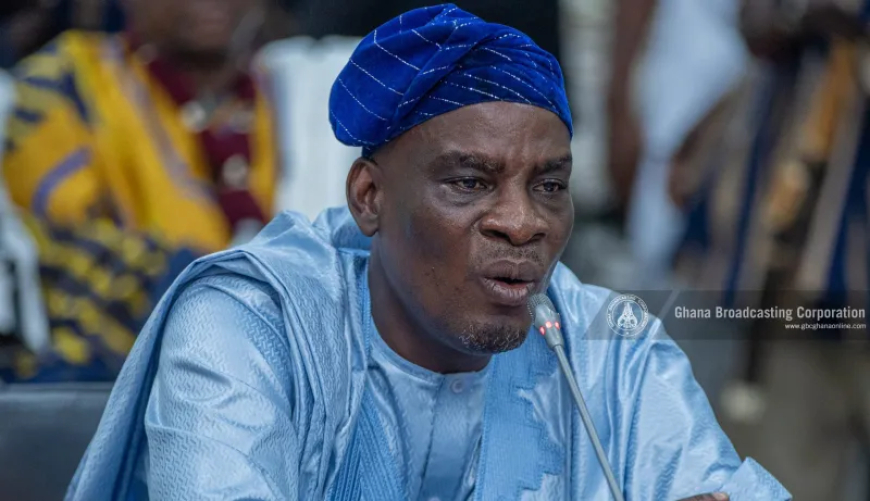Education Ministry Rolls Out AI-Powered Subject Apps for SHSs to Boost Curriculum Delivery
JHNews || Starting October 2025, Ghana will deploy AI-powered subject apps in SHSs to support over 68,000 teachers and 1.4 million students.

Accra, October 1, 2025 — The Ministry of Education has announced a major technology-driven move: the introduction of subject-specific Artificial Intelligence (AI) apps for Senior High Schools (SHSs) nationwide. The initiative is designed to support over 68,000 teachers in delivering the new SHS curriculum and benefit more than 1.4 million learners.
Developed collaboratively by a coalition of education agencies including the Ghana Education Service (GES), National Council for Curriculum & Assessment (NaCCA), National Teaching Council (NTC), National School Inspectorate Authority (NaSIA), and CENDLOS—the apps were built with support from Playlab AI and backing from T-TEL and the Mastercard Foundation.
The AI apps are aligned with Ghana’s curriculum materials, integrating teacher manuals, learner resources, and assessment frameworks while embedding national values, gender equality, and social inclusion principles.
Key features and rollout plan include:
- Tools for lesson planning and assessment automation, helping teachers to work more efficiently
- Interactive and tailored learning resources for students that adapt to individual needs
- Pilot implementation in 712 SHSs through Professional Learning Community (PLC) sessions, where teachers will test and provide feedback
- A four-phase testing process covering technical accuracy, educational quality, user experience, and regional readiness
- Training for 7,800 school-based facilitators planned ahead of full rollout
The Ministry emphasized that the AI apps will complement not replace teacher expertise, aiming for locally led, ethically grounded integration that respects Ghana’s cultural and educational values.
Observers say this initiative could mark a turning point in how Ghana delivers secondary education—if the challenges of infrastructure, connectivity, and teacher capacity are adequately addressed.




 HENRY GERCHI
HENRY GERCHI 












